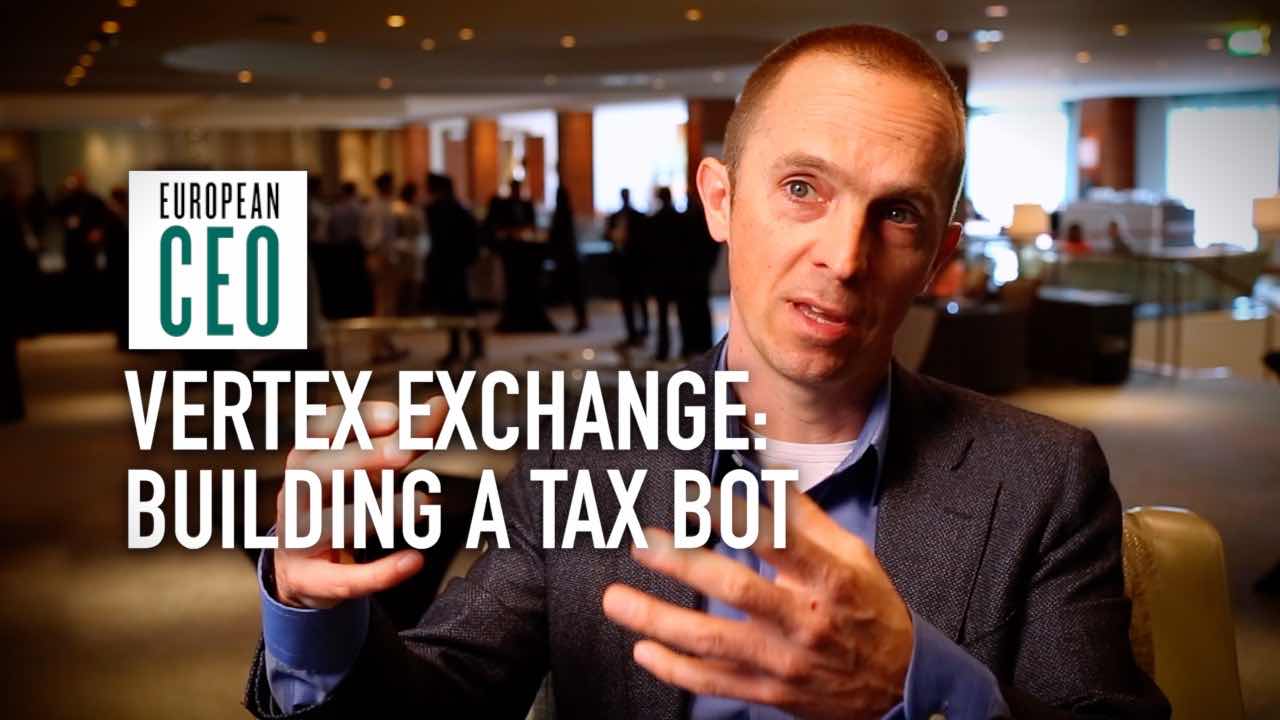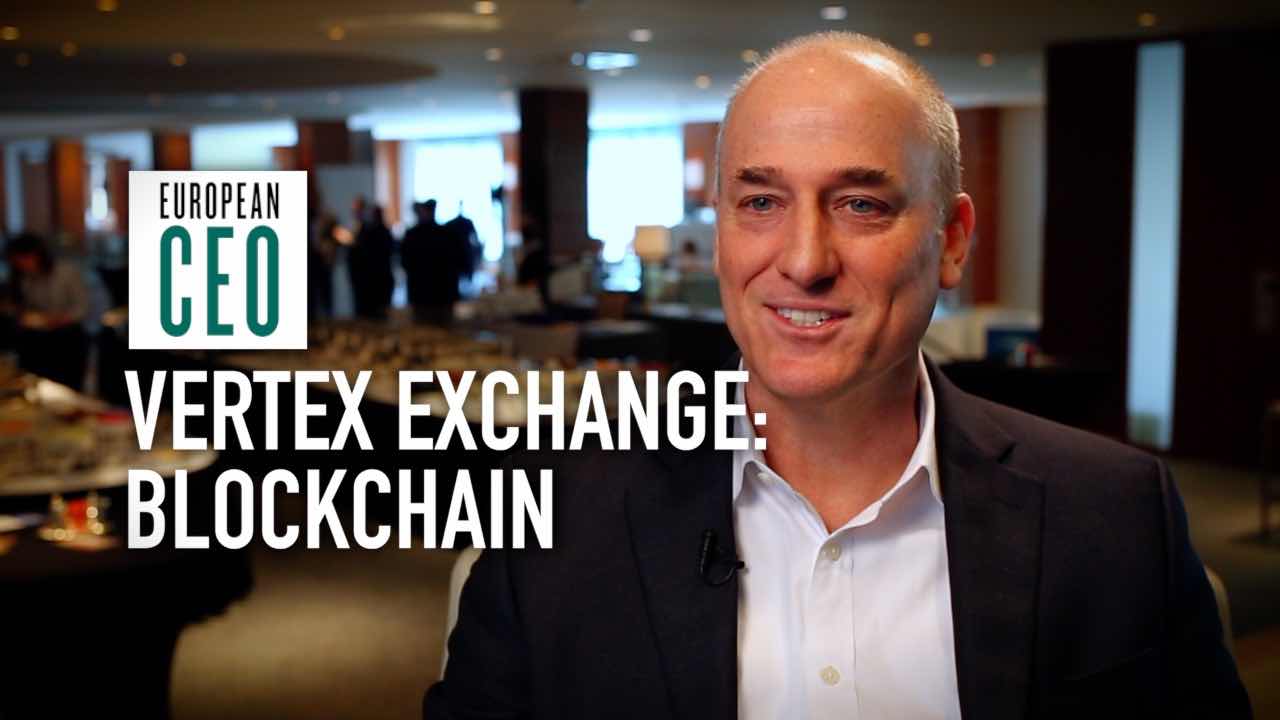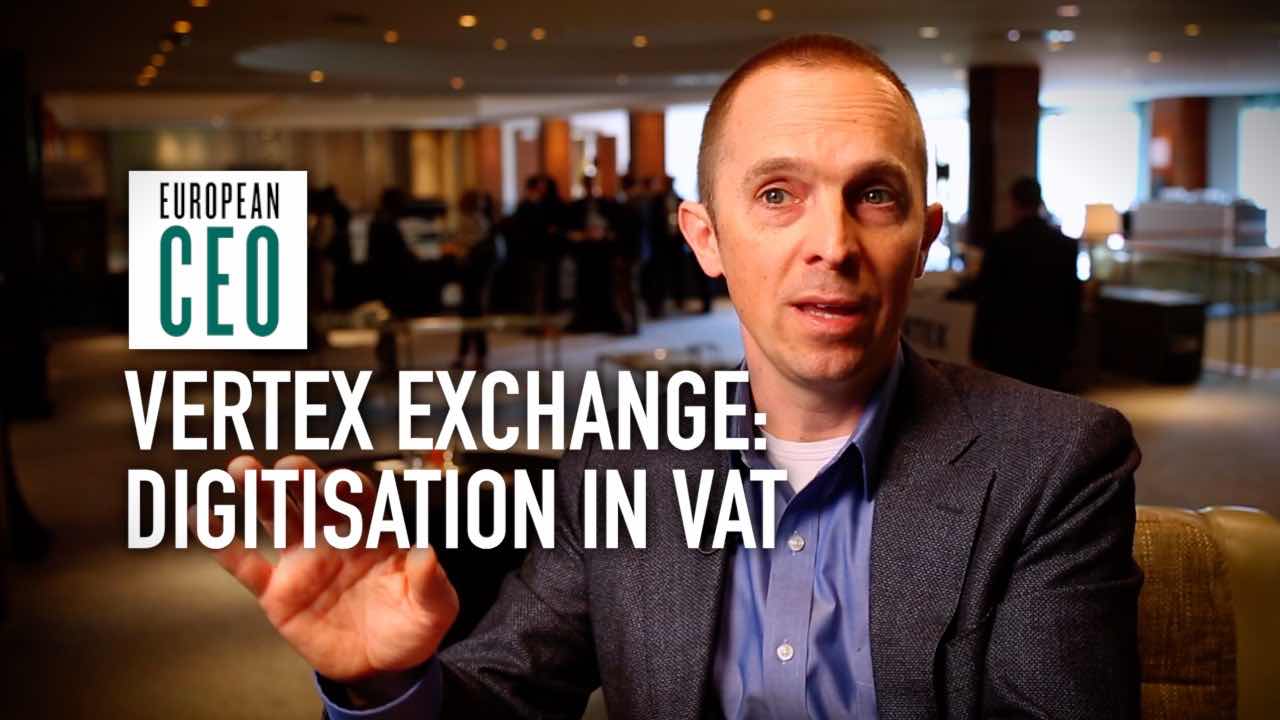How paperless procure-to-pay can save time, money, and the economy
Businesses simply can't afford the delays caused by manual invoicing, says Tungsten Network CEO Richard Hurwitz
Transcript
Paying invoices on time doesn’t seem like too much to ask. But in Europe, more than 40 percent of invoices are processed late, according to a businessadvice.co.uk report. What can companies do? Richard Hurwitz, CEO of business transaction experts Tungsten Network, advocates for digitisation and automation: removing the human element from the process as much as possible. He explains how one client organisation has been able to speed up its invoice processing time to a fifth of what it was, and reduce its error rate to just 0.25 percent. He also talks about the growth in invoice financing as an alternative source of funding for SMEs, and other value-added applications in the automated accounts payable space.
European CEO: Paying invoices on time doesn’t seem like too much to ask. But in Europe, more than 40 percent of invoices are paid late, according to a business advice.co.uk report.
What can businesses do? Joining me is Richard Hurwitz, CEO of business transaction experts Tungsten.
Richard: 40 percent is incredibly high. What can businesses do?
Richard Hurwitz: You’re right Paul. In today’s increasingly competitive and global economic environment, that kind of leakage… businesses just can’t afford it. After all, it’s the velocity of working capital that we’re talking about here; the grease that really has an economy grow or not.
The problem is that too many of these businesses are relying on manual, paper-based AP processes. Yet we live in a world where digital technologies are revolutionising the way that businesses operate. Too often, those technologies are being applied to the front office, not to the back office.
European CEO: So the solution you’re suggesting is digitisation and automation; removing the human element from the process as much as possible.
Richard Hurwitz: Exactly right. In fact, removing paper from the payables process is really a no-brainer. Those benefits are highly demonstrable – in fact, quantifiable. And I’ll give you a for-instance.
With one complex buying organisation, prior to joining the Tungsten Network, they had 148 FTEs in their payables department. Today they have 108; they’ve redeployed people more effectively in other areas.
Prior to joining the network it took them 21 days to process an invoice; today, 4.5.
Prior to joining the network they had an error rate of 17-18 percent; today, 0.25 percent.
Our client base consists of the most complex buying organisations on the planet. These are brands that you and I know and work with and buy from every single day. And we have about 60 percent of the FTSE 100 and Fortune 500. And they’re a very demanding customer base.
Security and risk of fraud is one of the highest considerations they look at when they consider joining a network like Tungsten’s, so we pride ourselves on providing trusted connections that streamline their transactions and are cross-border compliant.
So we are ISO certified, we are ISAE certified; we work in a compliant manner across 48 countries. We believe in helping businesses do business better, over the most safe, secure network that there is on the planet.
European CEO: You’re talking about the Tungsten Network; because your customers do become part of a network. How does that make the invoice process easier for both sides?
Richard Hurwitz: You’re in essence connecting a corporation across continents to all of its entities, and then to its supply chain.
The global supply chain is coming to a portal, Tungsten’s real estate, in order to input invoices, in order to check on the status of those invoices. And it’s very easy for us now to overlay into that a host of other applications.
So you and I think of an iPhone as a platform onto which we take down a host of value-added applications. We’re doing the exact same thing at Tungsten. And one form of a value-added application is the ability for the global supply chain to come to that portal – now, right in that same space, they can assess how many invoices are outstanding, what the value of those are, when those are going to be paid. And with the click of a button, secure capital against those invoices. Same day.
No documentation, no reps and warranties, no recourse. And 100 percent advance rates. That’s not available to them anywhere else. This is enhancing the velocity at which working capital gets back into our economies, and that’s good for global growth.
European CEO: Invoice finance really is a growing alternative source of finance for a lot of SMEs; talk to me about the growth there, how big has it been?
Richard Hurwitz: I’ll tell you some statistics! For those suppliers that are making use of our functionality, they continue to use it. In fact they take down about 80 percent of all of their invoices that are available for financing. They use it over and over again. We continue to see our outstandings grow month-to-month.
And just recently at Tungsten we’ve had a very prominent leader join our organisation to help us grow our invoice financing business. So Prabhat Vira has joined us from HSBC Bank, where he ran its trade finance business in the Americas for many years.
European CEO: So how did you develop your offering?
Richard Hurwitz: The incumbent players, the banks, tend to serve the largest, most strategic vendors for these buyers. The group that needs the capital most is underserved. And that’s our small and medium sized enterprises.
Banks here in the UK, and in the US, are not making loans as readily to small business. The underwriting requirements are much more onerous. Yet they have these assets in the form of receivables – which as you’ve earlier pointed out are taking longer to be paid. And now they have the ability, the small business, to finance that receivable in a very low-friction manner through the Tungsten Network.
That’s where Tungsten plays. That’s where the volume sits.
What we’re doing is providing a very disruptive approach to a conventional set of activities. And we’re doing that through digital technologies.
European CEO: Going back to your platform then; what other apps can we expect to see?
Richard Hurwitz: So, we’re looking for the opportunity to add value to the network in areas that are adjacent to that procure-to-pay workstream that we play in.
For example, of the $200bn of flows that Tungsten processed last year, a full third of it was in multiple currencies. So think of a Mexican supplier delivering corn to Kellogg’s. Kellogg’s may pay that invoice in dollars; the vendor is then standing up, going down the street, converting that to pesos.
Instead, today, on the Tungsten Network, they can do it right at their desktop, with less friction. So that’s another example of where we’re adding value.
European CEO: Richard, thank you very much.
Richard Hurwitz: Paul, thank you.


 Robotic process automation for tax | Vertex Exchange Europe 2018
Robotic process automation for tax | Vertex Exchange Europe 2018 Blockchain for tax professionals | Vertex Exchange Europe 2018
Blockchain for tax professionals | Vertex Exchange Europe 2018 Digitisation in European VAT reform | Vertex Exchange Europe 2018
Digitisation in European VAT reform | Vertex Exchange Europe 2018